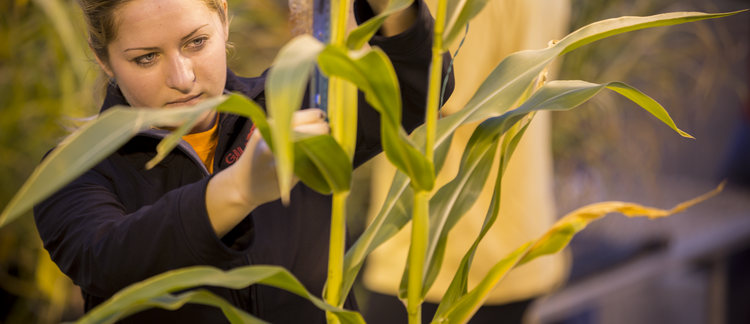Abstract
Cereal rye (Secale cereale) has emerged as a key player, as acceptance of cover cropping grows. Organic growers are invested in incorporating cereal rye and strip tillage in their reduced tillage production systems. However, termination of cereal rye continues to be a challenge. Many organic growers have embraced the chevron-patterned roller crimper as a promising method of termination to address this issue. Unfortunately, many farmers are concerned about the potential delay of planting their cash crop. This concern is due to the requirement of cereal rye to be at the anthesis (flowering) stage for successful termination. Moreover, many growers are planting VNS (variety not stated) cereal rye, which complicates the issue. Growers need specific information on cereal rye cultivars, establishment, growth, anthesis, and termination methods. The purpose of this research was to investigate the effect of planting date and performance of five cereal rye cultivars (Aroostook, Elbon, Prima, Wheeler, and Wrens Abruzzi) under Midwest growing conditions. This research is intended to serve as a decision making tool for Midwest organic growers who want to select the best cereal rye cultivar to use in their no-till production system.
How to Cite:
Neu, K. & Nair, A., (2017) “Effect of Planting Date and Cultivar on Cereal Rye Development and Termination for Organic No-Till Production Systems”, Iowa State University Research and Demonstration Farms Progress Reports 2016(1).
Downloads:
Download pdf
View PDF

